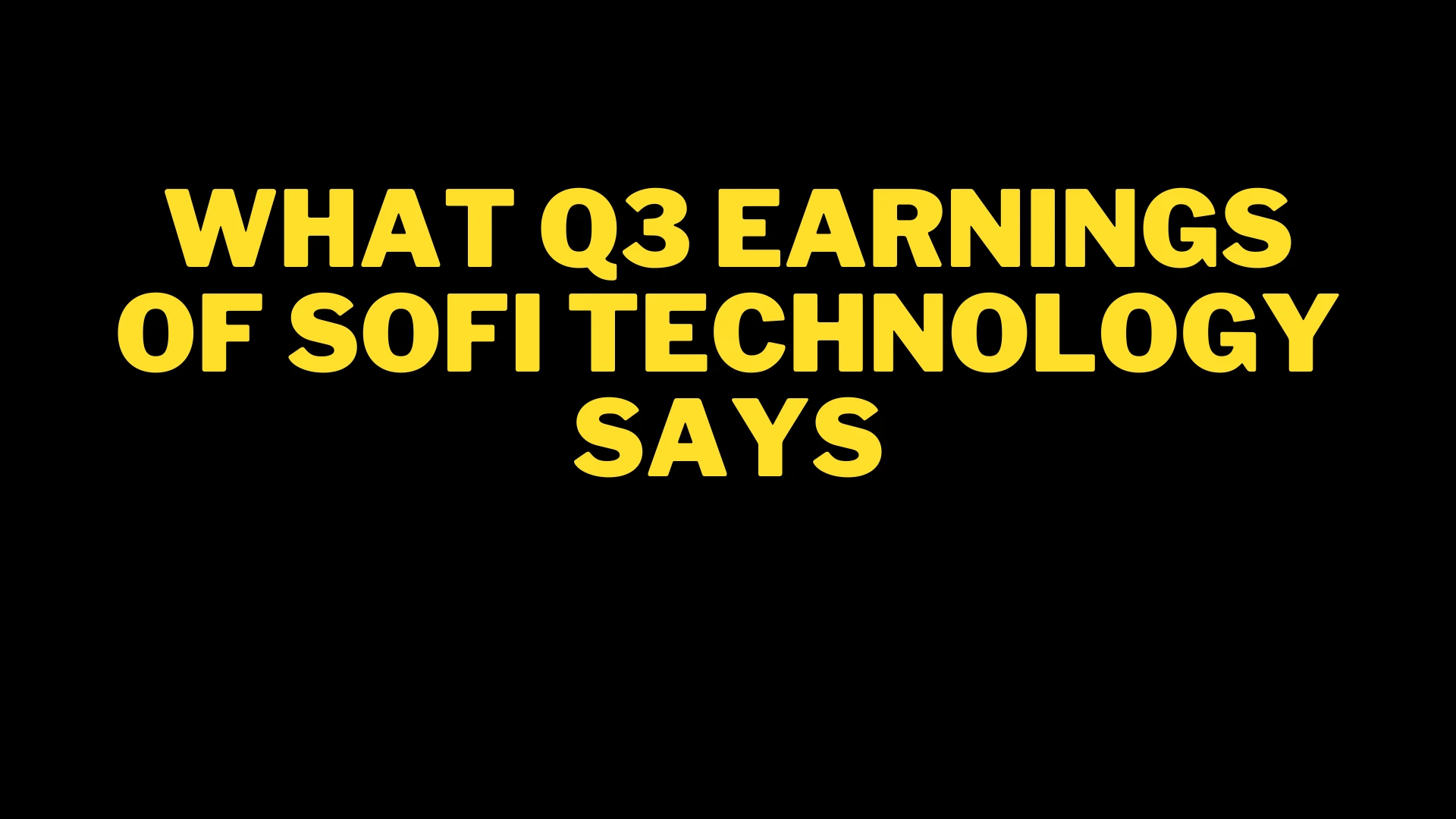In a significant development within the European rail industry, Spanish train manufacturer Talgo announced on Tuesday that it had received a merger proposal from its Czech competitor, Skoda.
This offer comes just four months after the Hungarian consortium Ganz-Mavag initiated a public tender for all Talgo shares.
The merger proposal has stirred considerable interest, given Talgo’s prominence and the strategic importance placed on it by the Spanish government.
Background of the Merger Proposal
Skoda’s Offer to Talgo
Skoda, a major player in the rail industry but distinct from the car manufacturer owned by Germany’s Volkswagen, has proposed a “business combination and industrial merger” with Talgo.
Interestingly, this proposal does not include a direct financial offer. Instead, Skoda is suggesting a strategic alignment and integration of operations.
Talgo, in its official statement, confirmed the receipt of this offer and indicated its intention to seek further details from Skoda.
Comparison with Ganz-Mavag’s Tender
This proposal follows a substantial public tender from the Hungarian consortium Ganz-Mavag, which offered 619 million euros ($674 million) in cash for Talgo shares on March 7.
Given the financial heft of Ganz-Mavag’s offer, Talgo’s management is keen to understand the specifics of Skoda’s proposal to assess its comparative benefits.
The lack of a financial component in Skoda’s offer necessitates a thorough evaluation of the strategic and industrial advantages it may bring.
Strategic Importance of Talgo
Talgo as a Strategic Asset
The Spanish government has underscored the strategic value of Talgo, considering it a critical asset in the country’s industrial and technological landscape.
Talgo is renowned for its innovation in high-speed and lightweight train technologies, contributing significantly to Spain’s transportation infrastructure and export capabilities.
Any merger or acquisition involving Talgo is likely to attract scrutiny from government officials to ensure national interests are preserved.
Potential Impact on the Rail Industry
The proposed merger between Skoda and Talgo could reshape the European rail industry.
The two companies could enhance their competitive edge against other global rail giants by combining their technological expertise and market reach.
This consolidation could lead to improved efficiencies, greater innovation, and expanded market opportunities.
Evaluating Skoda’s Proposal
Industrial Synergies
One of the primary considerations for Talgo in evaluating Skoda’s proposal will be the potential industrial synergies.
These could include combined research and development efforts, shared manufacturing facilities, and an integrated supply chain.
Such synergies could result in cost savings, enhanced product offerings, and accelerated innovation.
Market Expansion Opportunities
A merger with Skoda could open up new market opportunities for Talgo. Skoda’s presence in Central and Eastern Europe could complement Talgo’s stronghold in Western Europe, creating a more comprehensive market presence.
This geographic diversification could provide a buffer against regional economic fluctuations and increase overall market stability.
Technological Advancements
Both Skoda and Talgo are known for their technological advancements in the rail sector. A merger could lead to a pooling of intellectual property, expertise, and resources, fostering the development of cutting-edge rail technologies.
This could include advancements in high-speed trains, energy efficiency, and passenger comfort, solidifying the merged entity’s position as a leader in rail innovation.
Government Scrutiny and Approval
Regulatory Considerations
Given Talgo’s strategic importance, any merger proposal will be subject to rigorous regulatory scrutiny.
The Spanish government will likely evaluate the proposal’s impact on national interests, including employment, technological sovereignty, and economic stability.
Ensuring that the merger does not compromise Spain’s industrial capabilities or strategic autonomy will be paramount.
Potential Conditions for Approval
The government may impose certain conditions to safeguard national interests. These could include commitments to maintain employment levels, continue investment in local facilities, and preserve key technological capabilities within Spain.
Skoda will need to address these concerns and demonstrate its commitment to supporting Talgo’s strategic role within Spain’s industrial ecosystem.
Conclusion
The merger proposal from Czech firm Skoda to Spanish train maker Talgo marks a significant development in the European rail industry.
While the proposal does not include a financial offer, its potential industrial and strategic benefits warrant careful consideration.
Talgo’s management will need to thoroughly evaluate the proposal’s merits, particularly in comparison to the substantial cash offer from Ganz-Mavag.
With the Spanish government closely monitoring the situation, the outcome of this merger proposal could have far-reaching implications for the rail industry and the strategic landscape of Spain.
Looking Ahead
Next Steps for Talgo
Talgo will need to engage in detailed discussions with Skoda to fully understand the proposed merger’s scope and benefits.
This will involve evaluating potential synergies, market opportunities, and technological advancements.
Talgo’s decision-making process will also be influenced by the need to balance shareholder interests with strategic national considerations.
Broader Industry Implications
The outcome of this merger proposal could set a precedent for future consolidations within the rail industry.
A successful merger between Talgo and Skoda could inspire other companies to explore similar strategic alignments, potentially leading to a wave of consolidations aimed at enhancing competitiveness and innovation in the rail sector.
Monitoring Government Actions
As the Spanish government plays a crucial role in the approval process, it will be important to monitor its actions and statements regarding the merger proposal.
Government support or opposition could significantly influence the outcome and set the tone for future industrial mergers involving strategic assets.
In summary, the merger proposal from Skoda to Talgo is a complex and multifaceted development that requires careful analysis and consideration.
The potential benefits of industrial synergies, market expansion, and technological advancements must be weighed against the strategic importance of Talgo to Spain.
The coming months will be critical in determining the future direction of this proposed merger and its impact on the European rail industry.










